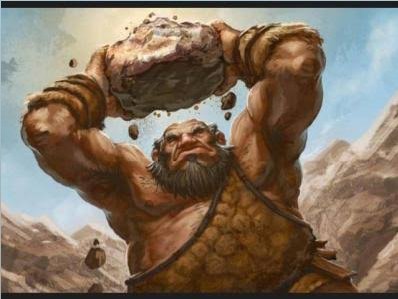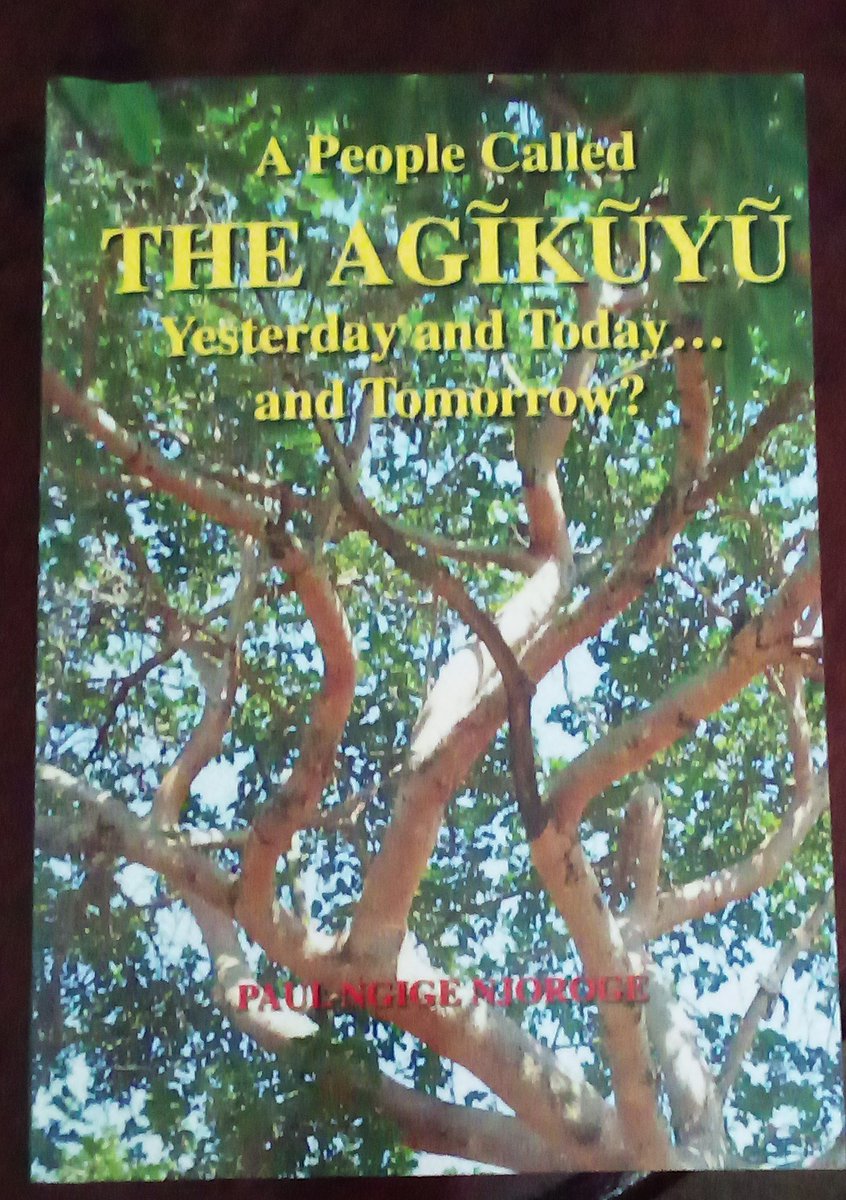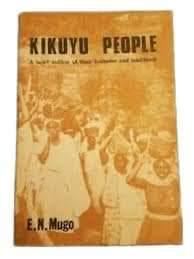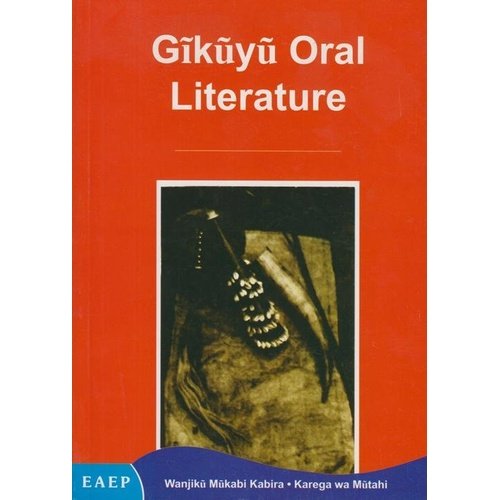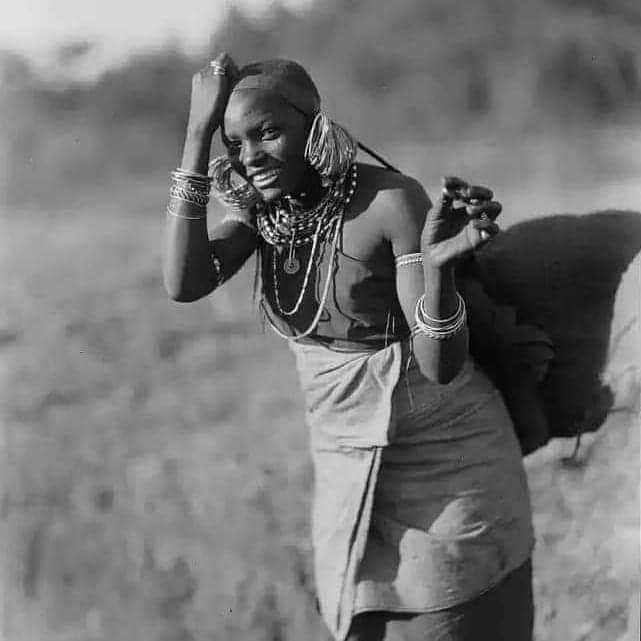
Definition of terms:
✓ Irigithathi - First born
✓ Itiema - Second born
✓ Mūruna / Aruna - Third, Fourth, Fifth borns
✓ Kìhinga nda- Last born
✓ Tata-sister to your mother
✓ Mama/Nyarūme -brother to your mother.
✓ Irigithathi - First born
✓ Itiema - Second born
✓ Mūruna / Aruna - Third, Fourth, Fifth borns
✓ Kìhinga nda- Last born
✓ Tata-sister to your mother
✓ Mama/Nyarūme -brother to your mother.

✓ Baba mūkūrū- elder brother to your father.( Your father's elder or younger brother is not mama/uncle)
✓ Baba mūnyinyi - younger brother to your father.
✓ Nyaciara - Mother of your husband ( of course you don't go calling her (" We Nyaciara.")
✓ Baba mūnyinyi - younger brother to your father.
✓ Nyaciara - Mother of your husband ( of course you don't go calling her (" We Nyaciara.")
✓ Iciciara - Father of your husband
of course you don't go calling Him(" We Iciciara.")
✓ Your Full sister's sons - Mûihwa ( Nephew) in some places Mwanake/mwana wakwa
✓ Your Full sister's daughters - Mwana wa mwarì wa maitū, in some places Mūiritu/ mwana wakwa
of course you don't go calling Him(" We Iciciara.")
✓ Your Full sister's sons - Mûihwa ( Nephew) in some places Mwanake/mwana wakwa
✓ Your Full sister's daughters - Mwana wa mwarì wa maitū, in some places Mūiritu/ mwana wakwa
Link to our Saturday thread part 1 of marriage among the Agìkūyū
https://twitter.com/AgikuyuWomen/status/1459432035223805955?t=VVZoDjCbMpy6oSidjTuGIA&s=19
• • •
Missing some Tweet in this thread? You can try to
force a refresh



